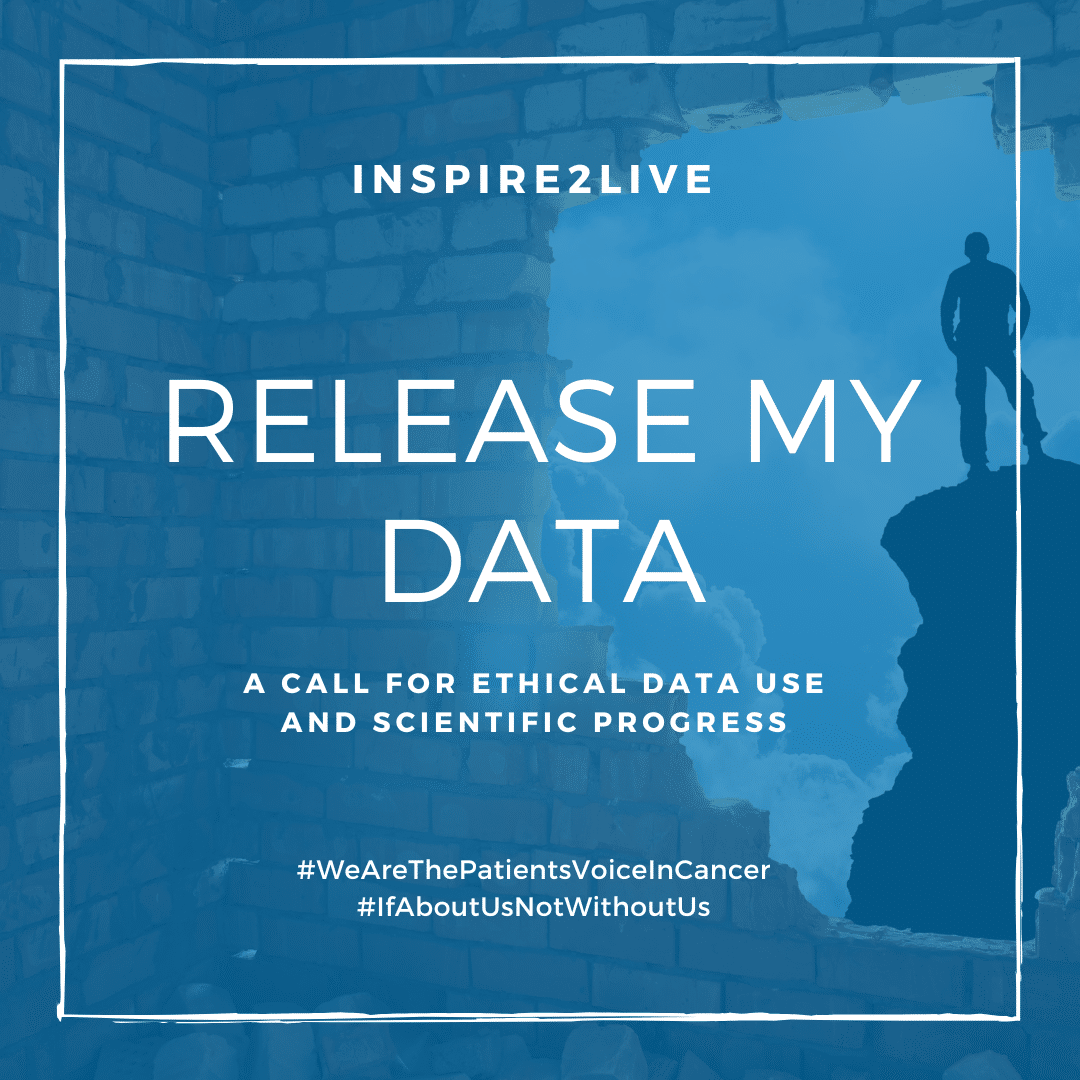Patient surveys consistently reveal a powerful truth: patients are overwhelmingly willing to share their data—for improvements in care, better treatments, and enhanced quality of life. They don’t just consent to data use; they expect it. They want their data to drive progress. And in many cases, researchers shouldn’t even need to ask—patients have already said yes.
This collective willingness forms a compelling basis for rethinking the legal and ethical frameworks that govern health data use. It’s time for regulatory systems to evolve—mandating data sharing under strong ethical safeguards. Such mandates wouldn’t just accelerate medical research and industrial innovation; they would also reinforce democratic values by ensuring that health data serves the common good, not just private interest.
Privacy concerns are real and must be addressed. But the debate must go beyond security to ask a deeper question: when ethical imperatives and legal norms conflict, which should prevail? Patients and advocates are voicing a clear stance:
‘It’s my data. Use my data.’
This growing chorus demands a paradigm shift—one that honours patient autonomy, centres on public benefit, and embraces the ethical use of data as civic responsibility.
Unfortunately, our current frameworks often reduce responsibility to legal compliance, neglecting the moral dimensions of inaction. When researchers leave data unused, the consequences are invisible but profound: slower research, delayed treatments, and missed opportunities to improve lives. These are the hidden costs of saying no—and they disproportionately impact the very people whose data could drive breakthroughs.
To meet this challenge, we must recognise those costs and re-centre the debate on what is at stake. A failure to act is not neutral—it’s a decision with real-world effects on health outcomes, scientific progress, and social equity.
The European Health Data Space (EHDS) is a promising step in the right direction. By creating a unified framework for health data sharing across member states, the EHDS aims to break down barriers to access, foster cross-border research collaboration, and accelerate medical innovation—especially in the fight against life-threatening diseases. But for the EHDS to succeed, it must not only enable data sharing; it must include the voices of data owners. Patients must be partners in the process, not passive subjects.
Because in the end, the message is simple and powerful:
It’s my data. Use my data.
Peter Kapitein
Patient Advocate Inspire2Live

